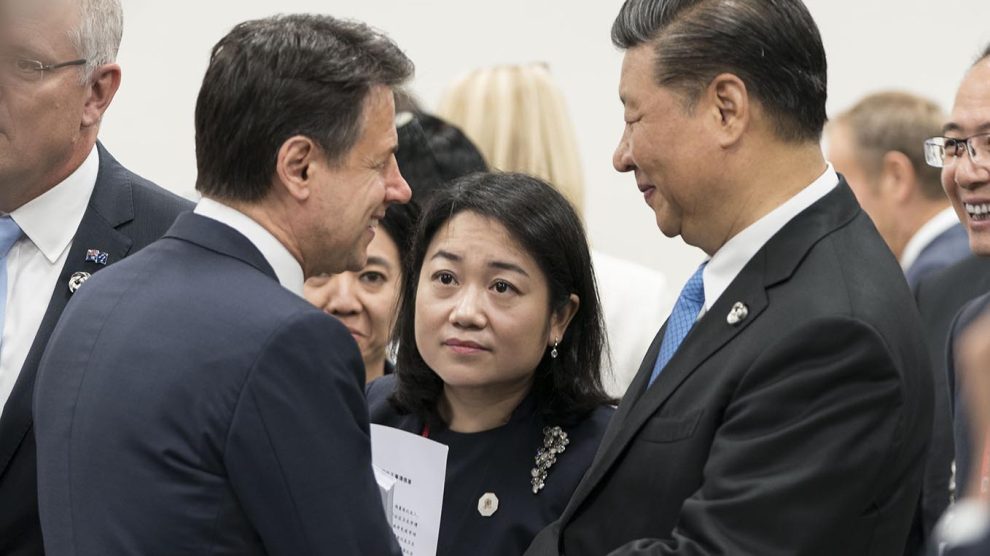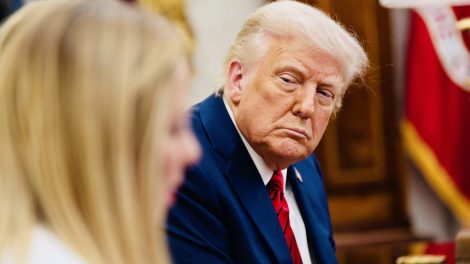The split in the 5-Star Movement with Italian Foreign Minister Luigi Di Maio leaving the party and forming a new political group has important geopolitical implications, especially when it comes to the 5-Star relations with Beijing.
Why China? In 2019, then-Italian Prime Minister Giuseppe Conte, now positioned against Mr Di Maio, endorsed China’s ambitious “Belt and Road” infrastructure plan, becoming the first G7 country to back China to help revive the struggling Italian economy.
- The Italy-China rapprochement alarmed Washington and some European Union allies, who feared Beijing could have gained access to sensitive technologies and critical transport hubs.
- At the time, Mr Di Maio was Mr Conte’s Deputy Prime Minister and played down the concerns by Western allies, explaining that Rome remained fully committed to its G7 and EU partners, but the government had to put Italy first when it came to trade ties.
Draghi’s role. Italian Prime Minister Mario Draghi, a technocrat whose political power has been mounting after the pandemic and with the beginning of the war in Ukraine, is playing a behind-the-scenes role in reshaping Italian politics.
- With Mr Di Maio fully embracing Mr Draghi’s Atlanticist stance, the 5-Star Movement is not the largest party in the ruling majority, with major implications in Italy’s decisions in terms of foreign policy and international trade.
- Countering Russia and China, as well as reinforcing cybersecurity have been some of the highest foreign policy priorities of PM Draghi — and his top diplomat, Mr Di Maio — in particular within the G7 and NATO, in clear alliance with US President Joe Biden and Western allies.
Resistance in the 5-Star. Mr Conte will have to reshape a party that has lost members, seats, and power. The former PM needs to contain the losses by finding a new international role for the party now that it has lost its more moderate side.





